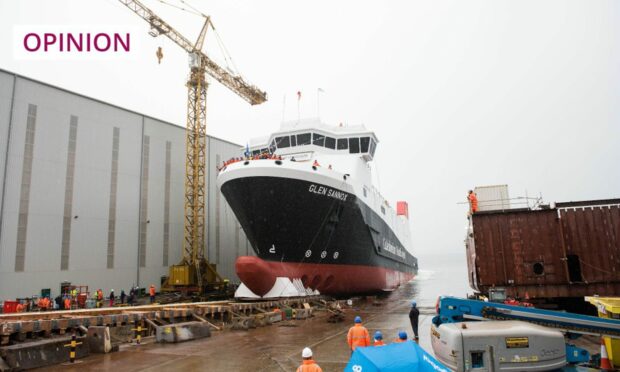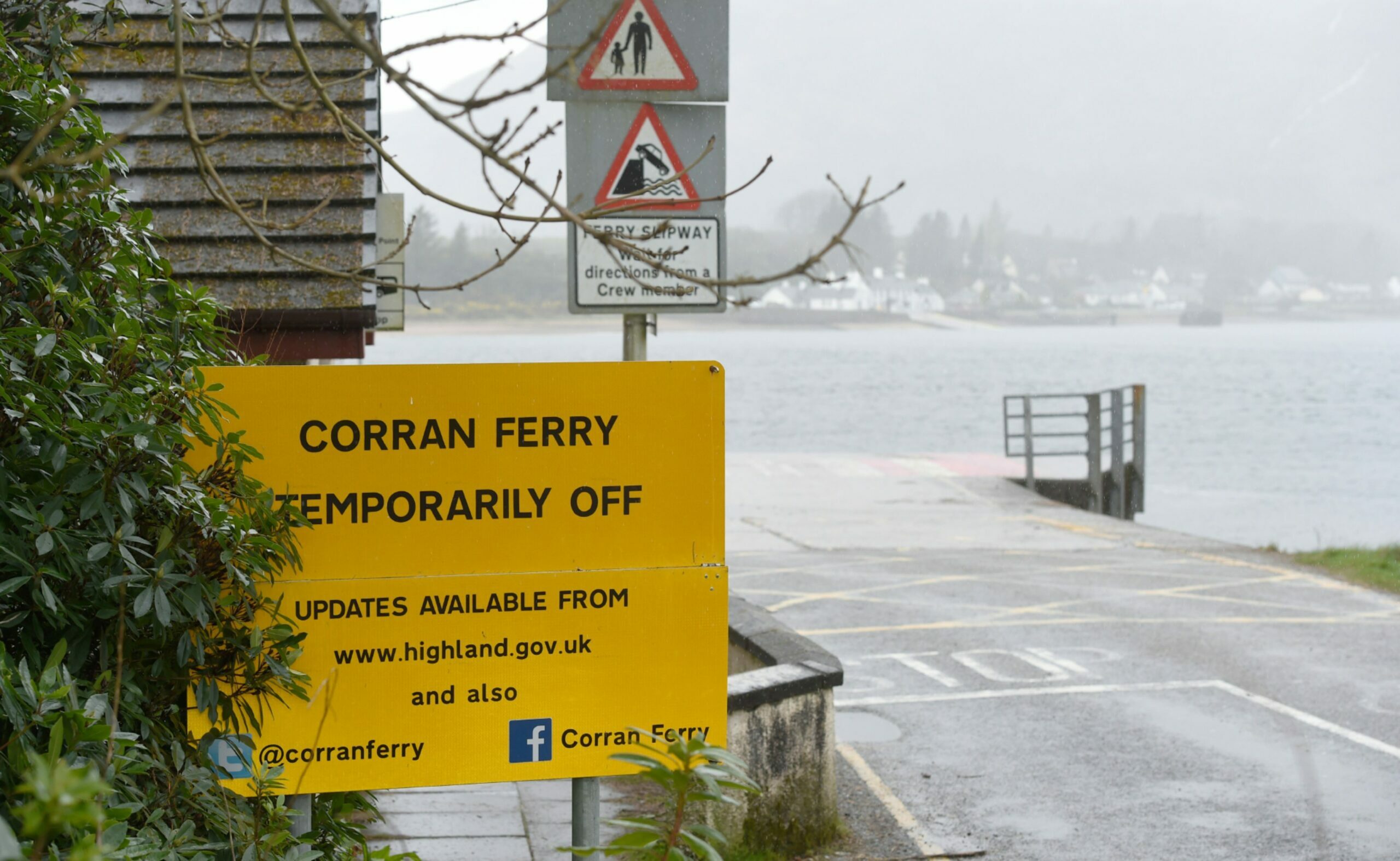Nationalism feeds on nostalgia. Its proponents tell us we may reclaim a glorious past, that we may make our nation great again.
It’s no coincidence that many of those who participate in pro-independence marches choose to wear traditional Highland dress. Romantic notions about our history can exert a powerful grip.
Nostalgia played a major part in the Scottish Government’s decision, in 2015, to give the contract to build two new ferries to Ferguson Marine.
Shipbuilding is a great symbol of Scotland’s industrial past. It evokes misty-eyed memories of proud, skilled tradesmen doing tough but honest work. When we think of the industry at its height, we do so in gritty black and white.
By handing the ferry contract to Ferguson Marine, the SNP wished to be seen as the guardians of this once-great industry. The party that brought shipbuilding home to the Clyde was something to be.
Every Scot is currently paying the price for that decision. Initial costs have trebled and now approach £300 million. And, still, the ferries – MV Glen Sannox and the unchristened Hull 802 – aren’t completed.
Adding insult to taxpayers’ financial industry, it is reported that four new ferries being built in Turkey, which will serve routes off Scotland’s west coast, are on schedule to be finished on time and on budget.

A frequent refrain from Scottish Government ministers when challenged on the ferry fiasco is that, although they understand anger over the situation, they won’t apologise for supporting the jobs the contract brought to Port Glasgow.
I daresay there are communities across Scotland that would gladly see the government sustain pointless jobs. There would be plenty of takers, for example, among those who once worked in the oil and gas industry for a work-creation wheeze in Aberdeen.
But it’s not the job of government to prop up dying and dead industries.
Sunk cost fallacy, ahoy!
It would have been cheaper for the Scottish Government to give every worker at Ferguson Marine enough money on which to comfortably retire than it has been to support the Port Glasgow yard.
We now know that it would make greater financial sense for the Scottish Government to scrap Hull 802 than to continue with its construction. But – sunk cost fallacy, ahoy! – ministers intend to keep pouring money into the project.
The ferries scandal grew out of a desire to bring life back to a shipbuilding industry that could no longer compete on the international stage. No amount of sentimental rhetoric about the glory days of the Clyde, when the yards built ships and men, can change that reality.
Yes, some jobs have been saved, but hundreds of millions of pounds have been wasted, and Scotland’s island communities have been failed.
First Minister Humza Yousaf should call time on the construction of Hull 802 immediately.
Euan McColm is a regular columnist for various Scottish newspapers


Conversation